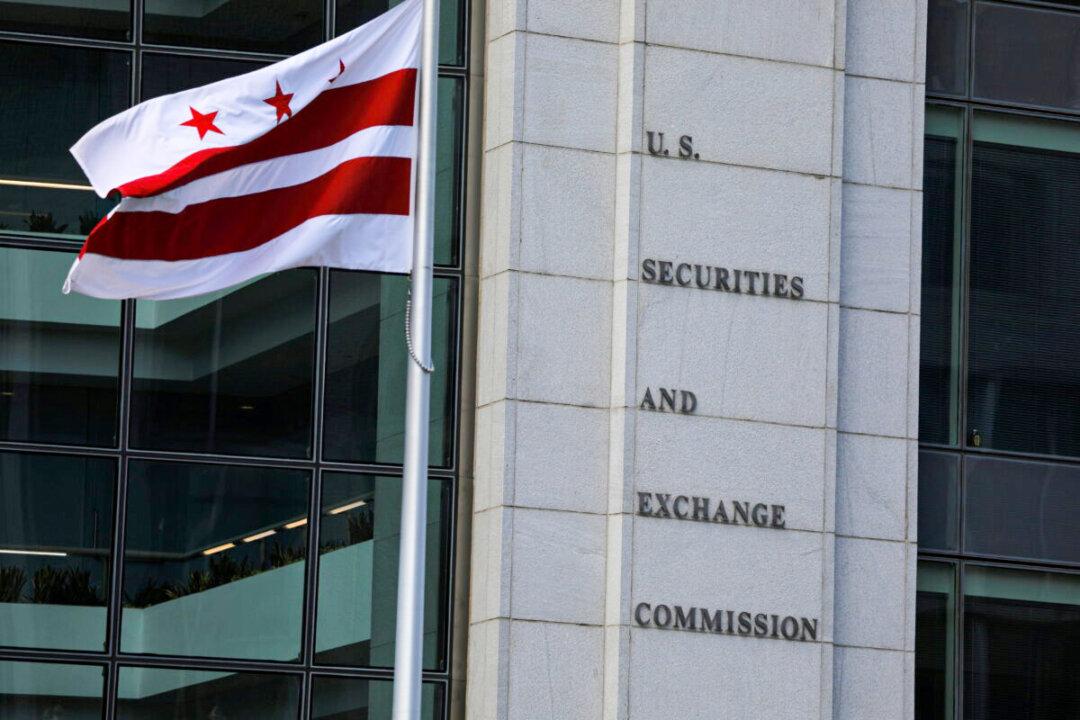The Securities and Exchange Commission’s (SEC) proposed rules to mandate climate-related disclosures from companies abridge freedom of speech and would “create controversy by imposing a political viewpoint,” a law professor wrote in a June 1 letter to the agency.
“It’s almost as though the three commissioners who pushed this rule forward don’t take seriously their oath to uphold and defend the Constitution,” Sean Griffith, a professor at Fordham University School of Law and author of the letter, said in a June 3 interview with The Epoch Times.





